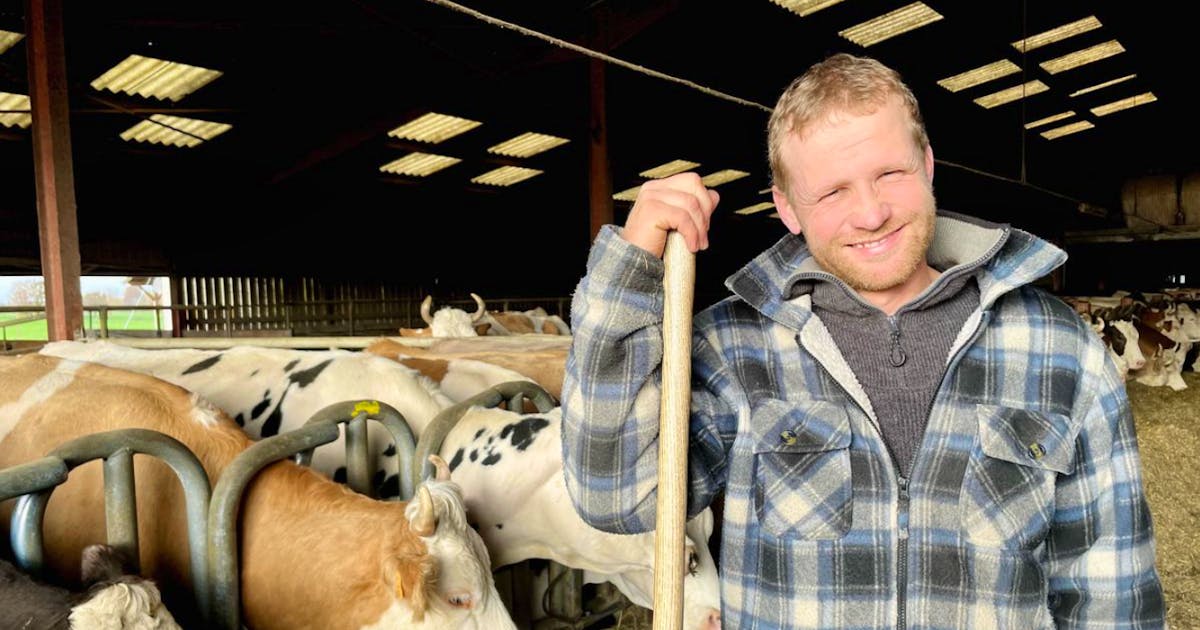Just don’t make an appointment with your credit guru shortly before your lunch break, at least not when it comes to more complex inquiries: then the likelihood is greater that the corresponding request will be rejected.
At least that’s what Simon Shnall and Tobias Bayer from the Department of Psychology at the University of Cambridge found in the United Kingdom. Specifically, the two scientists analyzed the work of 30 loan officers at a major bank over the course of a month. In the study published in Fachmagazin Royal Society Open ScienceDecisions poured into thousands of loan applications. This included rescheduling plans for customers who already had a loan but required the bank to adjust these repayment installments due to repayment difficulties.
According to the study authors, such decisions are demanding: loan administrators will have to balance a client’s financial strength against risk factors that reduce the likelihood of repayment. Mistakes here can be costly to the bank. On the one hand, agreeing to such a request could result in a loss compared to the original payment plan. On the other hand, if the restructuring is successful, this loss could be much less than if the loan was not repaid at all, according to the authors.
The researchers noted that the time point at which the decision was made played a significant role in the mean. Lead author Shnal explains: “In the morning, loan officers were more willing to make the difficult decision to give the client more favorable loan repayment terms, but in the middle of the day they showed decision stress and were less inclined to agree to the loan restructuring request.” “After lunch, they probably felt more comfortable and able to make better decisions.”
Additionally, the study found that clients whose debt rescheduling request was approved were more likely to pay off their loans than if they were required to adhere to the original repayment schedule. Consequently, the tendency of loan officers to turn down more requests at lunchtime was associated with a financial loss for the bank, and the loan experts’ pre-lunch decision was often wrong. Researchers estimate that the bank could have collected more than $ 500,000 in installments to pay off additional loans in one month if all decisions were made early in the morning.
Author Bayer summarizes “even decisions that we assume are highly objective and guided by specific financial considerations are influenced by psychological factors.” The results of the study confirmed that regular breaks during working hours are important in order to maintain a high level of performance. Last but not least, they show that cognitive burnout in the financial sector – and possibly other industries as well – can lead to significant economic costs.
Decision fatigue describes the fatigue that arises from having to make difficult decisions over a long period of time. Studies in the past have shown that people in such a situation tend to fall back on the standard decision: they choose the easiest or the one that seems safer.
In fact, decision fatigue has been studied in other professions, such as medicine. This resulted in a The study was published in 2019Family physicians recommend that their patients have a breast or colon cancer screening test more often in the morning than in the evening. In the same year, scholars reported in Journal of Health EconomicsThat orthopedic surgeons decided to operate on a lesser patient at the end of their shift than when they started working. And A. Further study It was already noted in 2014 that doctors were likely to prescribe antibiotics at the end of their workday.
Another much-discussed work comes from the judiciary: Israeli and American researchers showed in 2011 that judges were more likely to do so. For the benefit of the accused or prisoners Decision on observation requests if the relevant issues are heard at the beginning of the day or after a meal break.

“Tv expert. Hardcore creator. Extreme music fan. Lifelong twitter geek. Certified travel enthusiast. Baconaholic. Pop culture nerd. Reader. Freelance student.”







More Stories
How did life begin on Earth? Munich researchers find important clues
Principles and features of the folk nutritional principle
3rd place vs 16th place: 1. FC Cologne faces an unequal duel in the basement